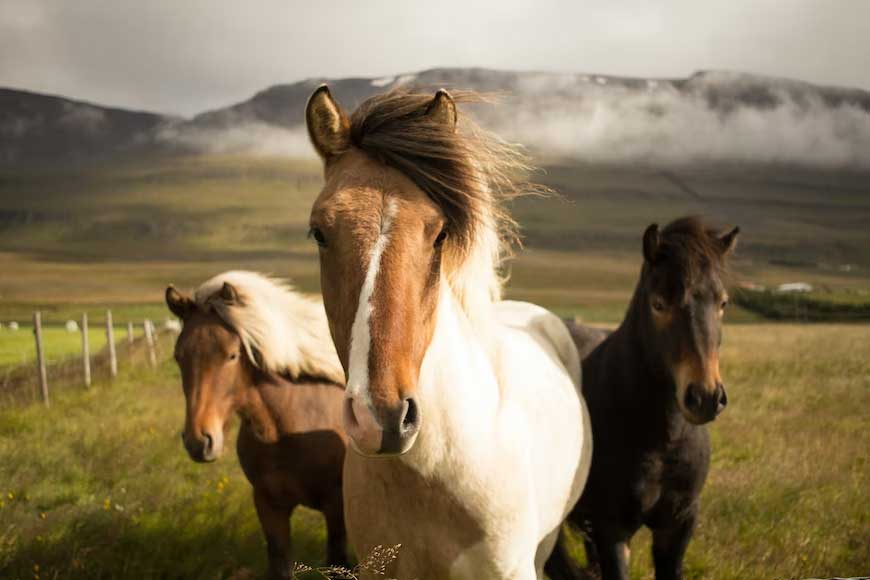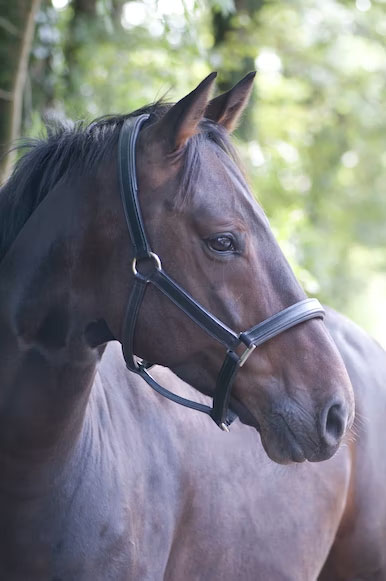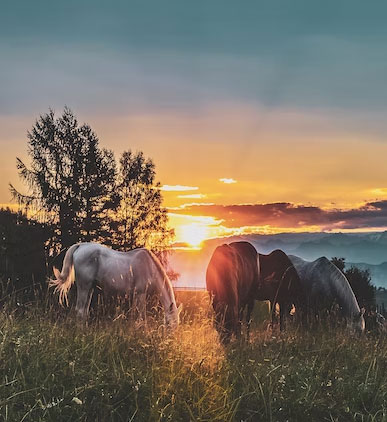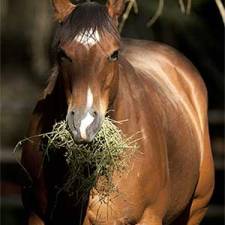
Horses are beautiful creatures we all love to ride, but do you know much about them? Well, some surprising facts about horses will make you think twice about how much you actually know.
Yes, they might be excellent companions and champions at competing in sports events, but they’re also fascinating creatures. Horses are amazing animals, and learning about their unique features is sure to captivate you. This article will provide some interesting facts about horses you may not have known before.
Horses' eyesight
Horses' eyes are on the side of their heads, which gives them an almost 360-degree field of vision. Here are a couple of fascinating facts about horses' eyesight.
They have little vision in front of themselves
You’ve probably heard that a horse has a blind spot directly in front of its nose. This isn’t quite true. Horses have a blind spot, but it’s actually called “monocular vision,” which means they can see only one object at a time with either eye. When a horse looks at something with its left eye, it won't be able to see anything directly in front of it with its right eye at the same time.
This is because horses have binocular vision for objects within about 30 meters or so—anything farther than this distance has to be very large and close up before your horse can identify what it is they're looking at.
It's not surprising that some people think horses don't have any vision directly in front of them—but they do. It's just not as good as our own because they simply don't need such sharp focus when they're grazing on grass all day long.

Horses cannot recognize what they see with one eye
Horses cannot recognize what they have seen with one eye; if they see it with the other eye, they will react as if they have never seen it.
This is because horses do not recognize something they have seen with one eye and then see with the other eye. This is due to their brain structure and how the nerves are arranged. So when you show your horse something new, you should make sure that both eyes see it at the same time!
Horses can sleep both lying down and standing up
Did you know that horses can sleep both lying down and standing up? It's true; they are able to doze off in either position. Horses sleep standing up most of the time because they are prey animals. This means that horses living in the wild must be able to escape quickly from predators.
We all know how long it takes to get out of bed in the morning, and it's similar for our equine friends! Being able to sleep standing up simply means they can take flight quicker should danger appear.
Horses communicate with sounds and body language
Horses are social animals, so they communicate with each other by nickering and whinnying, along with body language. They use their ears, eyes, and tails to communicate. Horses are very good at reading body language!
Horses also smell one another’s breath as a greeting - consider it a bit like a handshake!
Horses sweat all over their bodies
Apart from primates, no other mammal sweats all over its body as a horse does. Sweat glands are found all over the body, apart from on the legs. Horses use sweat to keep cool when they work hard in hot weather, just like humans do.

Horses have no rational control of their posterior legs
Most people are afraid to be kicked when approaching a horse from behind, but there is a reason for this. Horses have no rational control of their posterior legs, and they can kick without warning. The horse's natural instinct is to kick in order to protect itself or run away from danger.
A horse can cause serious injury with one well-placed blow from its hind leg, so it is important that you take precautions when working with horses. It's always better to move in front of your horse; if you must walk behind them, make sure they know you are there by talking to them at all times.
Conclusion
Horses are amazing creatures, and we should all learn more about them. They are very intelligent and social and have unique abilities that few other animals have.
You can find more articles in our sections on Horse Racing and Wagering & Gaming.













